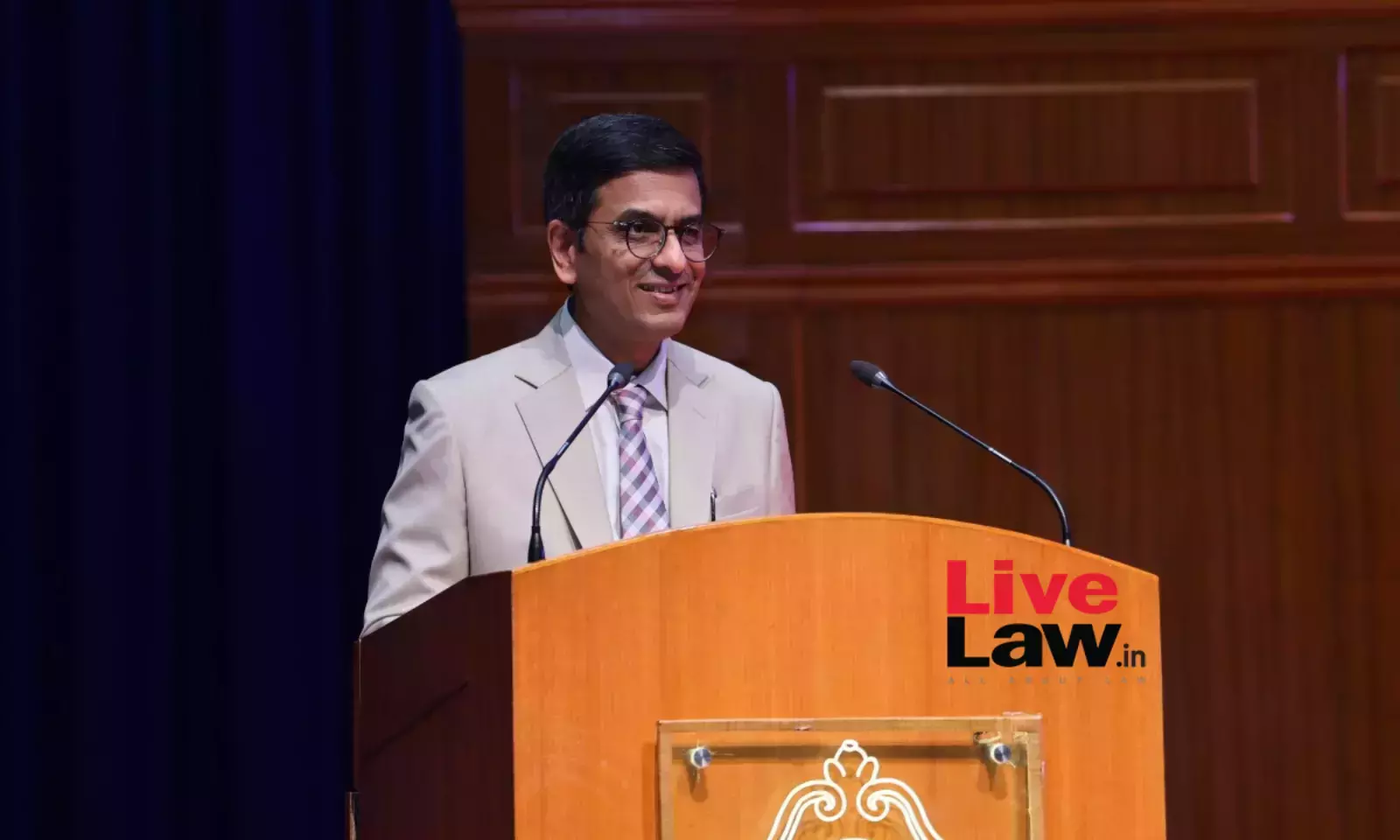Chief Justice of India DY Chandrachud (yesterday on May 06), while delivering a speech at the UK Supreme Court, opined that that now is the time for countries such as India to focus on building a strong culture of commercial arbitration. He added that setting up effective arbitration institutions can boost its practice in the Global South. To support this, he cited the India...

